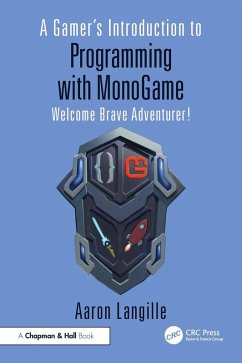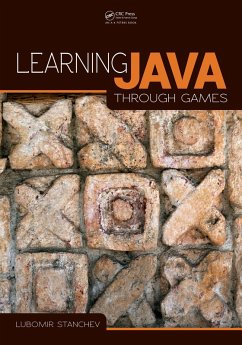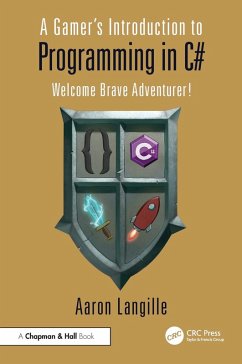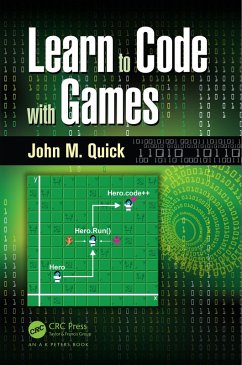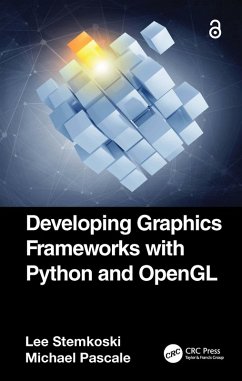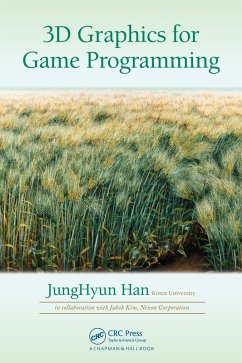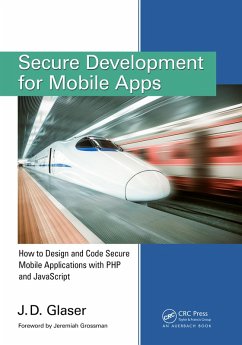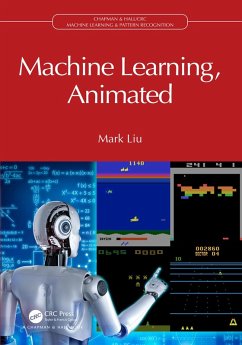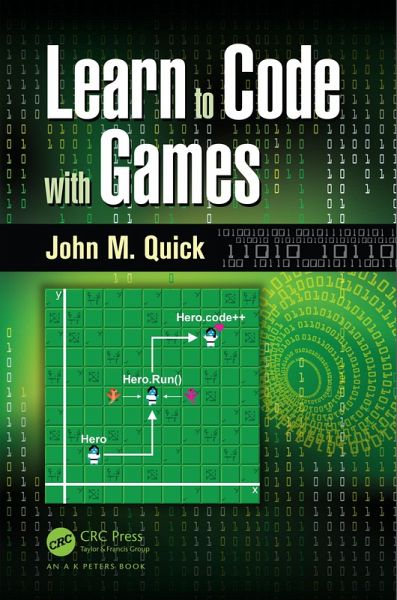
Learn to Code with Games (eBook, ePUB)

PAYBACK Punkte
23 °P sammeln!
A novel approach for the classroom or self-study, Learn to Code with Games makes coding accessible to a broad audience. Structured as a series of challenges that help you learn to code by creating a video game, each chapter expands and builds your knowledge while providing guidelines and hints to solving each challenge.The book employs a unique pro
Dieser Download kann aus rechtlichen Gründen nur mit Rechnungsadresse in A, B, BG, CY, CZ, D, DK, EW, E, FIN, F, GR, HR, H, IRL, I, LT, L, LR, M, NL, PL, P, R, S, SLO, SK ausgeliefert werden.




